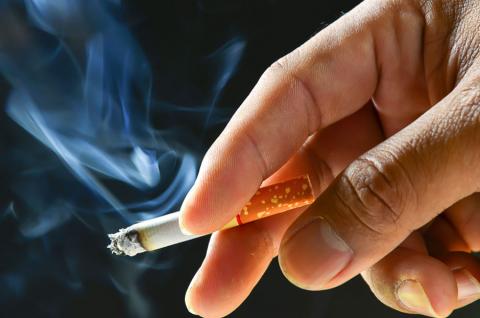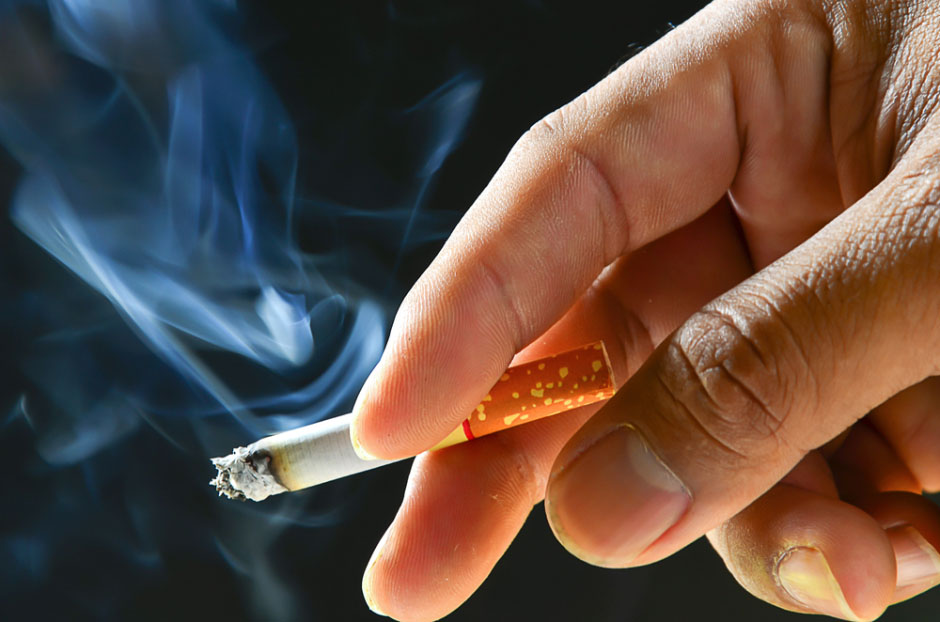
 As part of its endeavor towards the development of cigarette substitutes, one of the largest global tobacco companies published its newest findings on an Exposure Response Study which they have been conducting for the past six months. The research aimed at studying the biological responses of individuals who switched to the advanced IQOS device, a tobacco product alternative developed by the aforementioned company, and which is based on heating tobacco instead of burning it.
As part of its endeavor towards the development of cigarette substitutes, one of the largest global tobacco companies published its newest findings on an Exposure Response Study which they have been conducting for the past six months. The research aimed at studying the biological responses of individuals who switched to the advanced IQOS device, a tobacco product alternative developed by the aforementioned company, and which is based on heating tobacco instead of burning it.
The research outcome was presented to the Food and Drug Administration (FDA) in June, thus adding new and compelling evidence to the extensive body of research which assessed the potential for harm reduction in adult smokers who switched to IQOS.
Originally designed to answer speculations about the practical use of IQOS, this study was conducted in several centers around the United States for a duration of six months. The research included individuals who were randomly selected to switch to the IQOS device with no intentions of quitting smoking, and others who continued smoking as they would regularly do. The research ultimately aimed at comparing the vital indicators of both these groups and came up with relevant conclusions.
The Exposure Response Study evaluated a set range of pathological indicators that pair well with the individuals who smoke. These pathological indicators greatly affect smokers and are expected to improve within six months of converting to IQOS.
Ultimately, the hypothesis of this study was tested out to be promising, given that most vital and pathological indicators of IQOS adult users were seen to be similar to those of individuals who stopped smoking. Those same pathological indicators are positively correlated with pulmonary and cardiovascular diseases as well as a number of biological mechanisms such as inflammation and several other organ malfunctioning. The results, in line with the initial evaluation tests conducted by the manufacturer of IQOS reaffirmed the potential of such a product to act as a viable and much better alternative to the conventional way of tobacco consumption, which is burning. The findings of the Exposure Response Study have been reviewed and presented at numerous scientific conferences, including the 18th Symposium on Atherosclerosis in Toronto, Canada, the First Scientific Summit on Reducing Tobacco Harm: New Products, Research and Policy, and the World Nicotine Forum, in Warsaw, Poland. These findings will eventually be shared with the scientific community over a number of other occasions in the upcoming months. Modern tobacco heating technology presents itself as a revolutionary development for societies, local NGOs, governments and international organizations to challenge smoking alongside its negative health and environmental impact. Thus, improved vital indicators in the individuals who switched to IQOS in comparison to those who did not change their smoking habits presents clear cut evidence of the essential role that science, innovation and technology play in developing better alternatives to smoking cigarettes.
Categories
- Log in to post comments